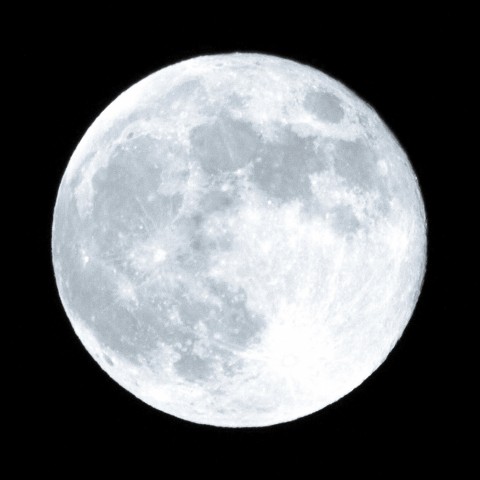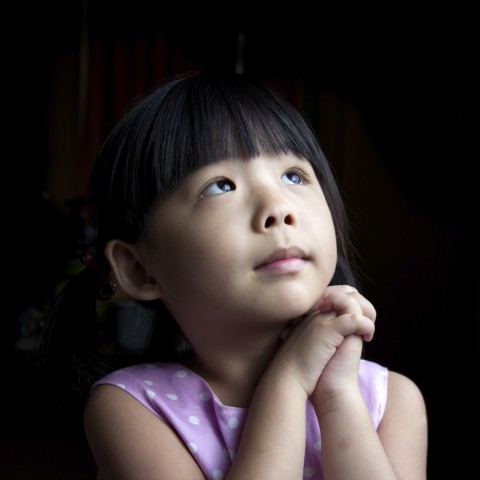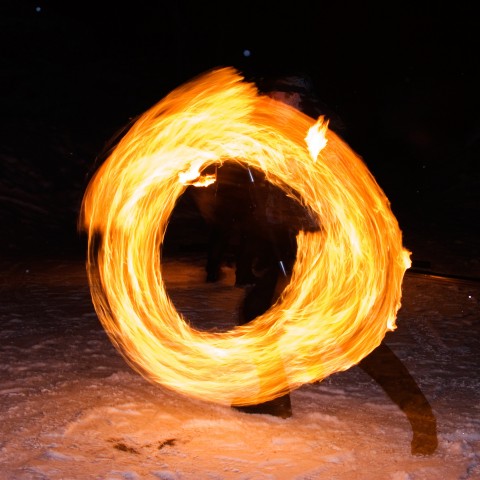For a long time, in Korea, China, and other East Asian countries, people believed that there was a relationship between the size of the moon and their grain harvest. They believed that the moon growing larger over time was very similar to the growth of their grain in the fields; as the moon became larger, their grains would grow fatter.
Thus, you can see how Jeongwol Daeboreum (also called Day of the First Full Moon by Koreans) is a significant reflection of Korean culture. We at KoreanClass101.com hope to inform you well on all things Korean, so we hope you’ll let us be your guide for the Day of the First Full Moon in Korea.
Let’s explore Jeongwol Daeboreum Festival traditions (and the Moon Festival meaning), the Full Moon wishes made in some provinces, and more information on how Koreans celebrate the Great Full Moon!

1. What is Korean Day of the First Full Moon?
정월 (Cheongwol) means “the first month of the lunar year,” and 대보름 (Daeboreum) means “big full moon.” So, 정월대보름 (Jeongwol Daeboreum) means something like “the day the first big full moon rises.”
On the Day of the First Full Moon, the night sky is brighter because of the big moon. Many villagers gather and enjoy festivities underneath the bright moonlight, including the Jeongwol Daeboreum Fire Festival.
Day of First Full Moon in Korea can also be considered a second New Year celebration.
2. When is it?

As the name suggests, the Korean Day of the First Full Moon is celebrated when the first full moon of the year is in the sky (this is day fifteen of the first lunar year month). This holiday’s date varies year to year on the Gregorian calendar, but for your convenience, here’s a list of this holiday’s date for the next ten years:
- 2019: February 19
- 2020: February 8
- 2021: February 26
- 2022: February 15
- 2023: February 5
- 2024: February 24
- 2025: February 12
- 2026: March 3
- 2027: February 20
- 2028: February 9
3. Reading Practice: How is it Celebrated?

How do Koreans celebrate Jeongwol Daeboreum, and what is the Full Moon Game? Read the Korean text below it to find out (and find the English translation directly below).
—–
첫번째 행사는 ‘달맞이’입니다. ‘맞이’는 ‘맞이하다’라는 뜻의 동사에서 나온 말인데요. ‘달맞이’를 하기 위해서 정월대보름날이 되면 달빛을 확인하기 위해 마을 사람들이 밖에 모두 모입니다. 그 달빛으로 앞으로의 1년 농사를 미리 점을 쳤다고 하는데요. 달빛이 붉으면 그 해에는 흉년이 오고, 달빛이 희면 그 해에는 장마가 있을 징조라고 생각했습니다.
이렇게 한 해의 농사가 어떻게 될지 점을 친 다음에는, ‘쥐불놀이’를 합니다.
‘쥐불놀이’는 말 그래도 불을 가지고 노는 놀이인데요. ‘쥐불놀이’를 할 때에는 사람들이 모여서 조그마한 깡통에 짚을 넣고 그 안에 불을 붙인 다음, 깡통을 빙빙 돌립니다. 이렇게 깡통을 돌린 다음에 잡초가 있는 논이나 밭에 이 깡통을 던지는 놀이가 바로 ‘쥐불놀이’입니다. 이렇게 하면 잡초들이 불에 타면서 거름이 되고 그 거름으로 봄에 농사를 잘 지을 수 있는 효과도 있다고 하네요.
—–
The first event is Dalmaji. Maji is a word from the verb Majihada meaning “to welcome.” For Dalmaji, all the villagers gather outside to see the moonlight on the Day. It’s said they could predict the year of farming ahead by the moonlight. They believed that if the light was bright the year would be plentiful, and if the light was dim then there would be a rainy season.
After predicting how the farming would be for the next year, they would play Jwibul-nori.
Jwibul-nori or “small fire play” (also called the Full Moon Game) is playing with fire, as it literally says. When playing Jwibul-nori, people put straw into cans and set fire to it, then they spin the can around and around. After spinning the cans, they throw them into fields with weeds. The weeds then catch fire and become fertilizer for the spring farming.
A very special food is eaten only on the Day of the First Full Moon. It’s called Ogokbap. Five kinds of ingredients or Ogok such as rice, beans, barley, sorghum, and millet are put together to make ogokbap and is eaten together with the family. Usually, people only eat three meals a day—breakfast, lunch, and dinner—however, on the Day of the First Full Moon meals are split up nine times throughout the day. They also say that eating with at least three families brings more fortune than eating alone.
4. Additional Information
Do you know how people in the city celebrate the Day of the First Full Moon? It depends, actually, on where you are or who you happen to be with. For example, in the Gyeonggi province or 경기도 (Gyeonggi-do), people gather together, write their wishes on paper tied to a rope made of straw, and light the paper on fire.
5. Must-know Vocab

To celebrate and understand the Korean Day of the First Full Moon to its fullest, there’s some basic vocabulary you should know.
- 달 (dal) — “moon”
- 전통 (jeontong) — “tradition”
- 밤 (bam) — “chestnut”
- 호두 (hodu) — “walnut”
- 부럼을 깨다 (bureomeul kkaeda) — “crack nuts”
- 잣 (jat) — “pine nut”
- 오곡밥을 먹다 (ogokbabeul meokda) — “eat five-grain rice”
- 쥐불놀이 (Jwibullori) — “Jwibullori” (this is when grass and weeds are burned)
- 소원을 빌다 (sowoneul bilda) — “make a wish”
- 대보름 (Daeboreum) — “Great Full Moon”
- 귀밝이술을 마시다 (gwibalgisureul masida) — “drink ear-quickening wine”
To hear each vocabulary word pronounced, visit our First Full Moon Festival vocabulary list page. Each word is accompanied by an audio of its pronunciation to help you better learn them.
Conclusion
After learning about the Korean First Full Moon Festival with us, tell us what you think! We hope you enjoyed delving into this interesting facet of the Korean culture, and that you’ll take this knowledge with you on your language-learning journey.
For more information about Korea and its language, visit us at KoreanClass101.com. We offer an array of insightful blog posts, free vocabulary lists, and an online community where you can chat with fellow Korean learners about lessons. If you want to enjoy a one-on-one learning experience, you can also download our MyTeacher app to gain your very own personal Korean teacher.
With enough practice and determination, you can become proficient in Korean and we’re here to help you through each step. We wish you all the best!













